WATCH: THIS IS WHAT HAPPENS WHEN AN A-10 GOES FULL BRRRRT ON A HUMVEE
- By Alex Hollings
Share This Article
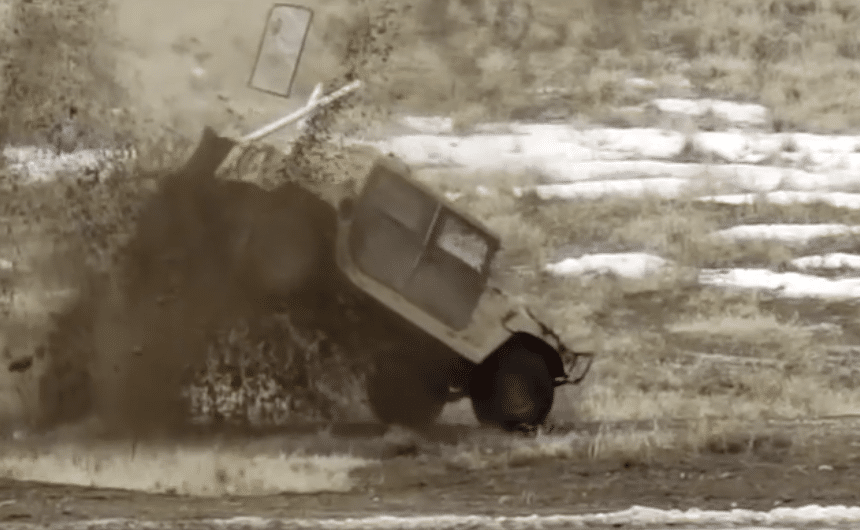
Over the past two decades of counter-terror combat operations the world over, few platforms have come to serve as unofficial symbols of American military might quite like the High Mobility Multipurpose Wheeled Vehicle and the Fairchild Republic A-10 Thunderbolt II. Most of us, however, know them as the Humvee and the Warthog.
You’ll be hard-pressed to find someone who’s worn a pair of general issue boots in the past twenty years who hasn’t spent a fair amount of time in the uncomfortably utilitarian cabin of a Humvee. They come in a wide variety of trims meant for different applications, including armored and non-armored variants, but let’s be honest with one another… Even an armored Humvee doesn’t stand a chance against the clinically insane amount of firepower America’s A-10 Warthog can deliver on target, thanks to its massive 30mm GAU-8 Avenger rotary cannon.

The A-10 has been flying close air support missions for nearly fifty years now and has been slated for retirement several times, but the combat-proven Warthog continues to prove too valuable to be sent out to pasture. After all, even the techno-wunderkind F-35 Joint Strike Fighter slated to replace the aging Warthog lacks the one thing that service members love most in their close air support aircraft: A giant frieken cannon that screams BRRRRRRT.

In a very real way, the A-10 started with the gun, and then designers built an aircraft around it that would suit its intended purpose as a Soviet tank-killing Cold Warrior. When the Cold War ended in the early ’90s without satiating the A-10’s desire to kill armored bad guys, it found renewed purpose in providing incredibly accurate air support for troops on the ground.
The A-10’s massive cannon is coupled with an extremely resilient airframe capable of absorbing a great deal of small arms punishment without losing a step — which is important because no aircraft gets in the thick of a gunfight quite like the Warthog. Taking low, slow strafing runs against heavily armed opponents requires a great deal of ballistic protection and nerves of steel. The A-10 provides the former, and the Air Force provides the latter.
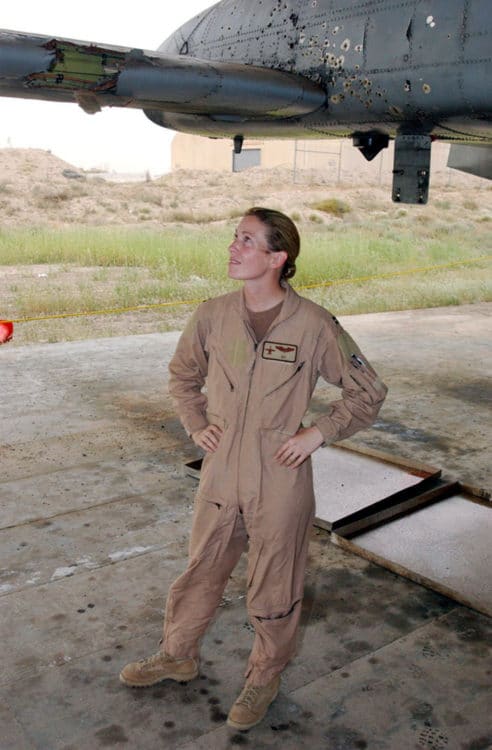
So what would happen if you sent a U.S. Air Force A-10 after one of America’s general-purpose Humvees? Well, you end up with one very holy Humvee. Don’t worry, this is just target practice, and there’s no one in the Humvee.
Related Posts
Sandboxx News Merch
-

A-10 ‘Thunderbolt Power’ Poster
$22.00 – $28.00 Select options This product has multiple variants. The options may be chosen on the product page -

A-10 ‘Warthog’ Poster
$22.00 – $28.00 Select options This product has multiple variants. The options may be chosen on the product page -
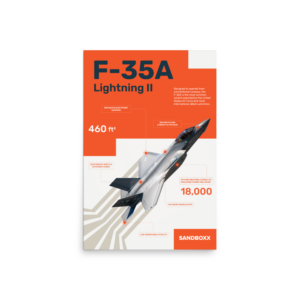
F-35 ‘Lightning’ Poster
$22.00 – $28.00 Select options This product has multiple variants. The options may be chosen on the product page

Alex Hollings
Alex Hollings is a writer, dad, and Marine veteran.
Related to: Airpower
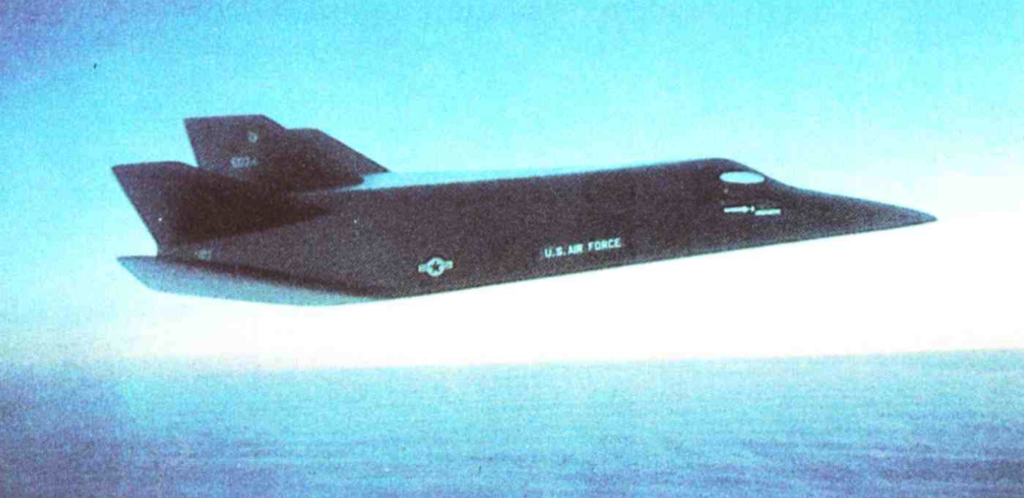
Game-changing military aircraft that were canceled before they could change the game
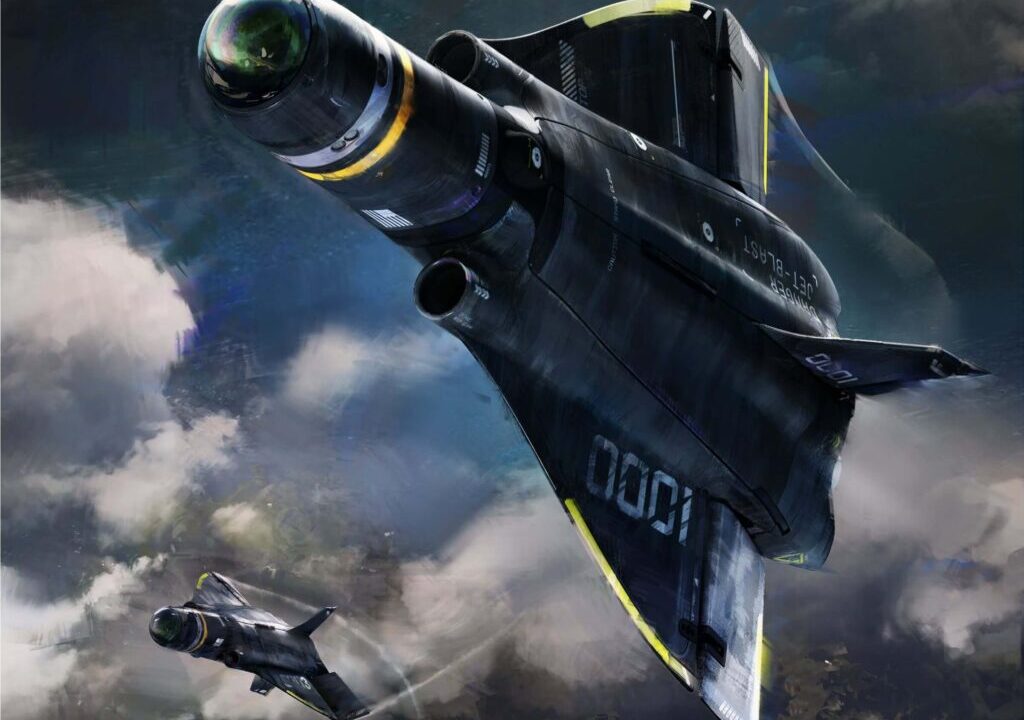
Anduril’s Roadrunner is a unique reusable missile interceptor
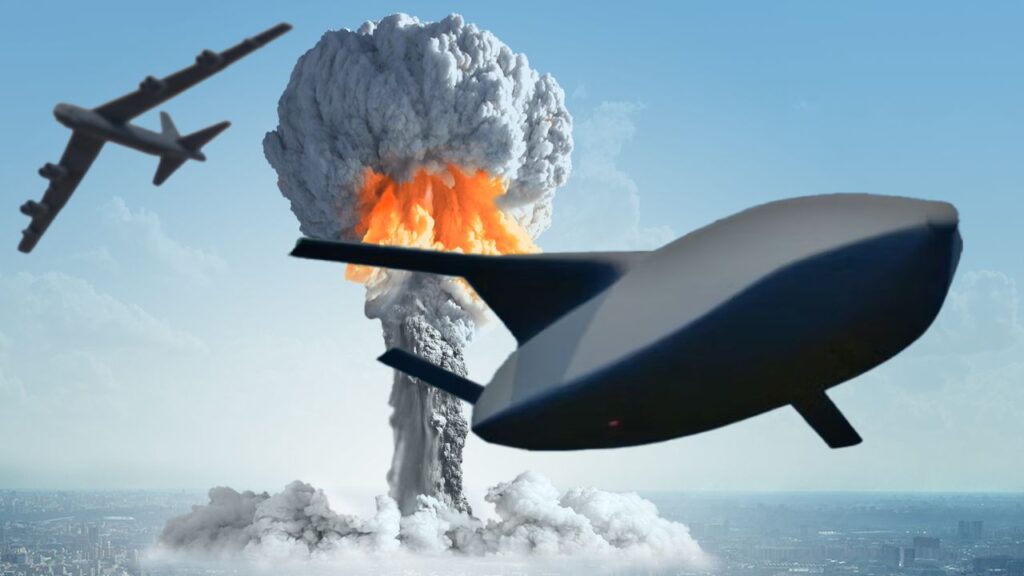
The AGM-181 LRSO missile will modernize America’s nuclear triad
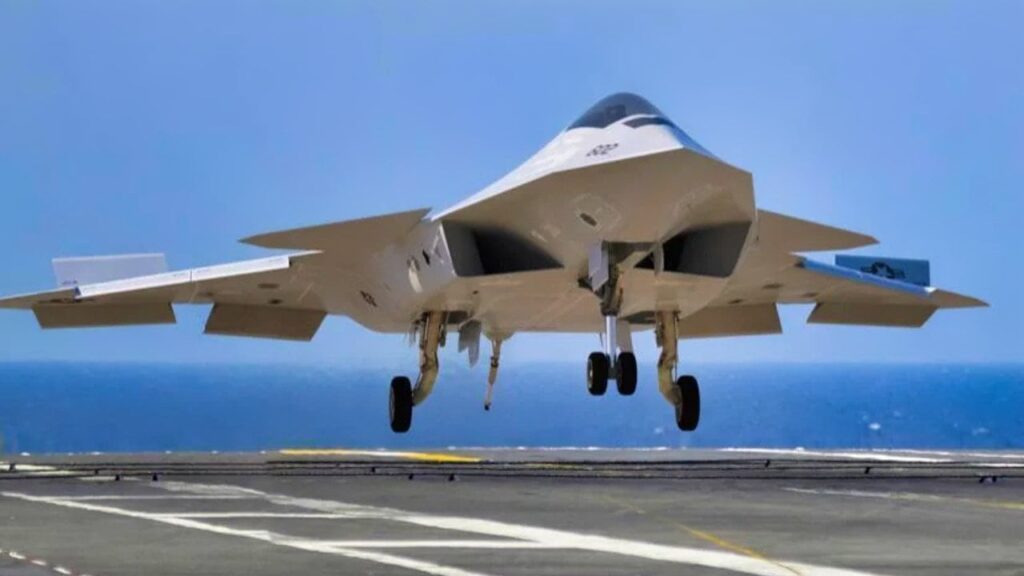
Navy will soon announce the contract award for its F/A-XX 6th-generation jet, according to reports
Sandboxx News
-

‘Sandboxx News’ Trucker Cap
$27.00 Select options This product has multiple variants. The options may be chosen on the product page -

‘AirPower’ Classic Hoodie
$46.00 – $48.00 Select options This product has multiple variants. The options may be chosen on the product page -

‘AirPower’ Golf Rope Hat
$31.00 Select options This product has multiple variants. The options may be chosen on the product page -

‘Sandboxx News’ Dad Hat
$27.00 Select options This product has multiple variants. The options may be chosen on the product page
